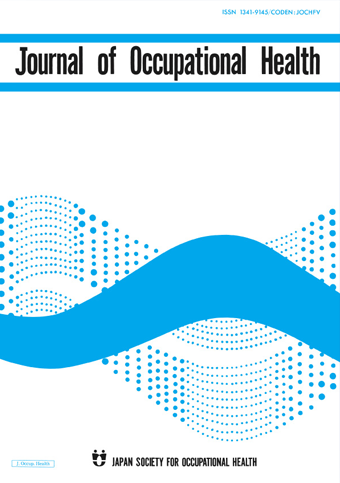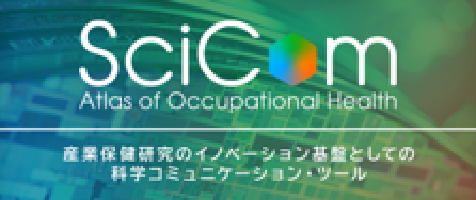Ways to Foster Data Sharing for Environmental and Occupational Health Studies
Data sharing is an important component of scientific research that allows the seamless circulation of data, making it globally accessible to researchers. It is, therefore, important that scientific journals prioritize publishing logical and reproducible research, with transparency in the described methods. However, current emphasis on research transparency is influenced by the competition among researchers for better academic careers, which have resulted in data forging and manipulation. This warrants measures to preserve the integrity of scientific research and facilitate its reproducibility.
As part of its efforts to promote data sharing, an editorial by the Environmental Occupational Health Practice (EOH-P) journal provides details of a new service to make data publicly available. The service is termed “J-stage data” and shares data from previous submissions and publications to the Journal of Occupational Health (JOH), a sister journal of EOH-P.
Most EOH-P publications involved studies on occupational health practice, followed by preliminary studies on the environment measurement or epidemiology. The articles in EOH-P volume 2 included case studies, good practices, brief studies, and opinions, which were mostly contributed by authors from Japan, Thailand, Ethiopia, and Finland. While the number of submissions in EOH-P did not show an upward trend, those for JOH continued to increase, especially for mental health and occupational health practice. Owing to its practical importance in workplaces, mental health is an attractive research topic that accounted for maximum submissions from across the world.
The repeated replication of datasets from occupational and mental health studies can compromise their originality. As a result, data sharing for these studies requires an approval from the Ethics Committee, before it is made publicly accessible. Besides, because these studies are conducted in specific workplace settings, obtaining consent for data sharing may be difficult. The editorial also discusses the advantages of sharing occupational health data. As an evolving research area, any data gathered through a systematic and time-consuming process, should be made available to multiple users for its re-application.
Data sharing is likely to be affected by the funding source (private or public agency), and the study type (single-center or multi-center study). Although a conflict of interest may create obstacles, it increases the significance of the study by allowing its repeated and varied analysis. In conclusion, data sharing must be encouraged and facilitated to ensure the authenticity and secondary utilization of published data.
Link to the original journal article:
https://www.jstage.jst.go.jp/article/eohp/4/1/4_4.1-ED/_article/-char/en
Data sharing in scientific journals: how can we introduce it to environmental and occupational health studies?
Narufumi Suganuma, Akizumi Tsutsumi, Eiji Shibata, and Tetsuo Nomiyama
Here are some ways you can make it easier for your plain-language summary to be discovered once it has been published:
- Upload the summary on your personal, lab/research group, or university website.
- Share the published content with peers and colleagues through your personal social media accounts (Facebook, Twitter, Blogs, and LinkedIn). Link this back to the journal’s social media promotions for your paper.
- Include the link to the published post in your email signature line.
News & Announcement
-
Jun 11, 2021Lay Summary page open!Lay Summary page provides you article summaries in order of study categories. You can...
-
Oct 1, 2019EOH-P is now released!The Environmental and Occupational Health Practice (EOH-P) has been released. Please ...
-
Feb 5, 2019Submission Available Now!!The Environmental and Occupational Health Practice(EOH-P)will be newly published in J...
Journal Info
Average 46.14 days from submission to first decision
Average 120.95 days from submission to acceptance







